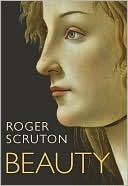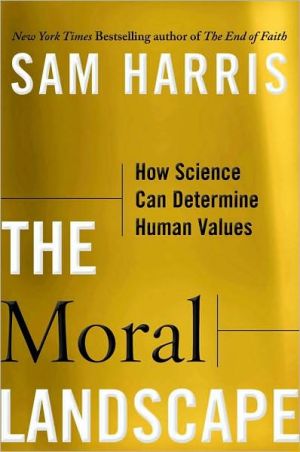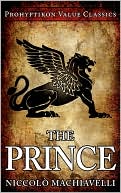Beauty
Search in google:
"Beauty can be consoling, disturbing, sacred, profane," writes Roger Scruton. "It can be exhilarating, appealing, inspiring, chilling. It is never viewed with indifference: beauty demands to be noticed; it speaks to us directly like the voice of an intimate friend." In a book that is itself beautifully written, renowned philosopher Roger Scruton explores this timeless concept, asking what makes an object—either in art, in nature, or the human form—beautiful. This compact volume is filled with insight and Scruton has something interesting and original to say on almost every page. Can there be dangerous beauties, corrupting beauties, and immoral beauties? Perhaps so. The prose of Flaubert, the imagery of Baudelaire, the harmonies of Wagner, Scruton points out, have all been accused of immorality, by those who believe that they paint wickedness in alluring colors. Is it right to say there is more beauty in a classical temple than a concrete office block, more beauty in a Rembrandt than in an Andy Warhol Campbell Soup Can? Can we even say, of certain works of art, that they are too beautiful: that they ravish when they should disturb. But while we may argue about what is or is not beautiful, Scruton insists that beauty is a real and universal value, one anchored in our rational nature, and that the sense of beauty has an indispensable part to play in shaping the human world. Forthright and thought-provoking, and as accessible as it is stimulating, this fascinating meditation on beauty draws conclusions that some may find controversial, but, as Scruton shows, help us to find greater meaning in the beautiful objects that fill our lives. The Barnes & Noble Review Aesthetics as an independent academic discipline may have faded with the 19th century, but in Roger Scruton's vigorous, decidedly unfashionable little book, Beauty, it's as timeless as ever. An investigation into the nature of the ineffable -- how, and what, shapes our experience of beauty -- his treatise is more an inquiry than an answer. Scruton is, by training and by temperament, a philosopher, and he approaches his analysis with a logician's steady reason. Beginning with a series of platitudes -- "Beauty pleases us," "Beauty is always a reason for attending to the thing that possesses it," and so forth -- and continuing through its pages, he tries to distill what exactly is meant by this vexing term. Beauty is, for Scruton, a rational but almost spiritual process of encounter between beholder and beheld -- be it a landscape, a painting, a simply arranged table. "When looking on the world disinterestedly," he writes, "I don't just open myself to its presented aspect; I bring myself into relation with it, experiment with concepts, categories and ideas that are shaped by my self-conscious nature." But it's easier to say what Scruton thinks beauty isn't. He's at his most passionate (and least cogent) when on the attack, lashing out at contemporary art and postmodern desecration. Scruton can come across as curmudgeonly and prudish (a British academic could not sound more uncomfortable talking about "the 'convict' style of black American 'gangstas' "), and, despite all his logical contortions, a bit imprecise. But then, it's only because he has picked, pointedly, the one subject that defies rational explanation. --Amelia Atlas
Preface1. Judging Beauty2. Human Beauty3. Natural Beauty4. Everyday Beauty5. Artistic Beauty6. Taste and Order7. Eros and Art8. Sacred Beauty Notes and Further Reading








